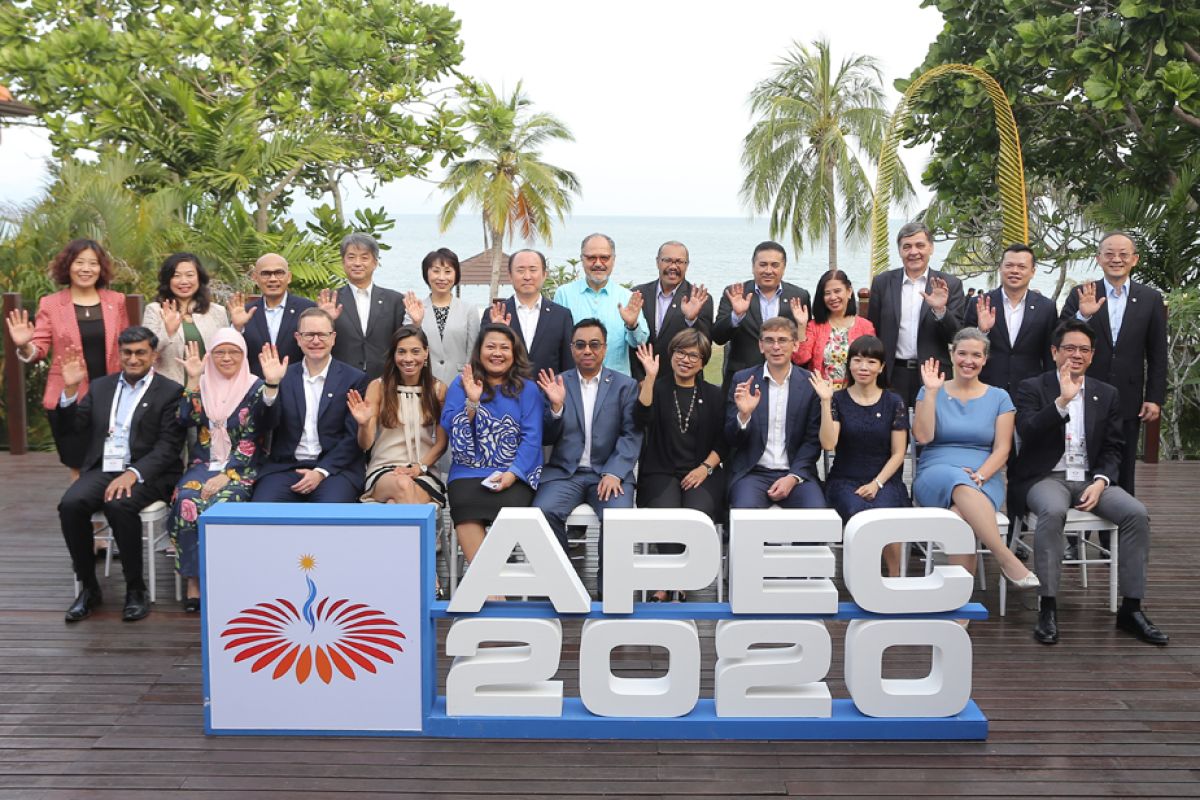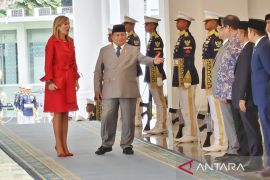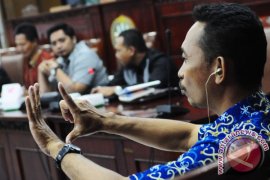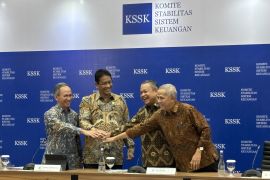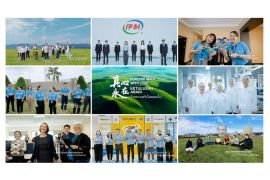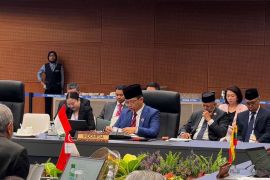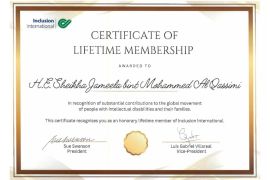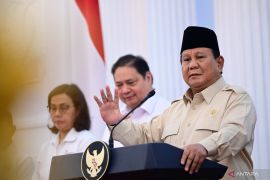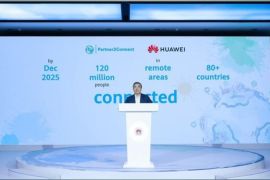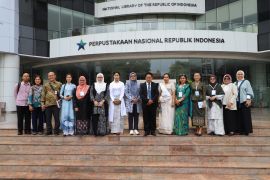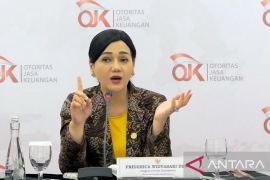At Langkawi, site of the APEC Informal Senior Officials’ Meeting, senior officials deliberated on the forum’s policy agenda for the incoming year, marked by strategies that lay equal emphasis on inclusion and growth.
"APEC 2020 will focus on redefining the role of trade and investment from one that is solely for wealth creation to one that is also able to deliver social and economic inclusivity," Hairil Yahri Yaacob, chair of APEC Senior Officials in 2020, stated.
The policy agenda unveiled at the APEC Informal Senior Officials’ Meeting was addressed through a triad of innovative approaches.
Related news: Harness APEC's strength to overcome challenges: PM Mahathir
The first priority is to restore public confidence in multilateralism, investment, and trade, which has propelled the region’s growth for three decades but viewed as expediting inequality.
As part of its efforts to bring about a positive change in the public sentiment, the APEC is exploring methods to gauge well-being other than through the gross domestic product and boosting stakeholder participation in policy discussions.
The second priority focuses on nurturing more innovations that promote sustainability, from renewable energy to waste management and recycling strategies, defined presently as the circular economy.
"The APEC, in the past, has been shying away from these issues, openly citing that these are not economic issues. What we have to realize is that there is opportunity directly linked to sustainability," Yaacob, concurrently deputy secretary general at Malaysia’s Ministry of International Trade and Industry, stated.
Related news: Chinese Taipei adds contribution towards inclusive growth initiatives
"Sustainability will become an integral discussion for APEC 2020," Yaacob remarked.
The third priority of APEC 2020 is more inclusive economic participation through the digital economy. APEC faces a dearth of digitally skilled workers that can impact productivity growth and lead to job losses. Women, who statistically have less access to technology, are particularly vulnerable in an increasingly digital economy.
To reduce vulnerability, APEC can support more inclusive policy frameworks, skills training, and continual learning as well as nurture engagement between entrepreneurs and investors.
Among the goals of APEC 2020 are a reference for the region’s economies on the future of work in the digital age, especially as the rate of unemployed youths in APEC is higher than the global average.
"Technology brings change, but it could also bring huge uncertainties if not managed well," SOM Chair Yaacob cautioned.
Related news: APEC senior officials endorse consensus for more inclusive growth
Reporter: Yuni Arisandy Sinaga
Editor: Rahmad Nasution
Copyright © ANTARA 2019
